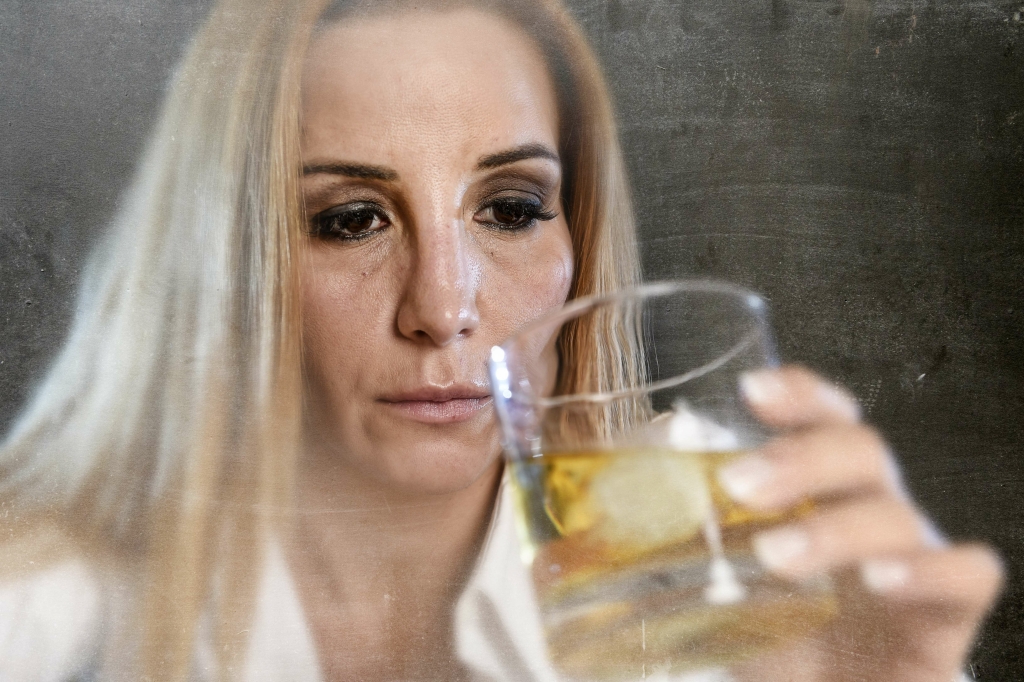Drug addiction Is it a disease or is it based on choice? A review of Gene Heyman’s Addiction: A disorder of choice. PMC
Content
Our team of addiction medicine experts are compassionate and committed to making addiction treatment accessible, understandable, and affordable. The person who chooses to use the drug the first time may do so willingly, but they do not wish to become addicted. Relapses are possible and even common, but this doesn’t mean that treatment has failed. Similar to other chronic health conditions, ongoing treatment is a must.
They found 88 percent of those addicted to narcotics in Vietnam no longer were. For example, during the Vietnam War, thousands of soldiers became addicted to heroin. At Wake Forest University, male monkeys lived together for three months, and established a pecking order. The “helplessly addicted” defense seemed to work better for the Canadian gambler.
A Spiritual Understanding Is Needed
Others argue that addiction is not a disease because some people with addiction get better without treatment. People with the most serious form of SUD usually need intensive treatment followed by lifelong management of the disease. However, some people experiencing addiction stop drinking or using other substances without treatment. Others achieve recovery by attending self-help meetings without receiving much, if any, professional treatment. People may have strong desires or urges to use the substance even if there are harmful or dangerous consequences. They may strain or ruin relationships with people who are concerned about their use.

But often, someone chooses on their own, wanting a life without addiction and the problems that come with it more than the drugs. Addiction can be the result of several things, including biological and environmental factors. Scientists have studied how a person’s family history affects addiction.
Harvard Health Publishing
These environmental factors critically include availability of drugs, but also of healthy alternative rewards and opportunities. As we will show, stating that brain mechanisms are critical for understanding and treating addiction in no way negates the role of psychological, social and socioeconomic processes as both causes and consequences of substance use. To reflect this complex nature of addiction, we have assembled a team with expertise that spans from molecular neuroscience, through sober house animal models of addiction, human brain imaging, clinical addiction medicine, to epidemiology. What brings us together is a passionate commitment to improving the lives of people with substance use problems through science and science-based treatments, with empirical evidence as the guiding principle. Importantly, proponents of the BDM not only refer to the neurobiological effects drugs have on the brain but also project this onto various impairments as a result of these effects.
It is clear that negative attitudes toward addiction, such as the view that addicts are morally weak, can harm treatment outcomes. Chapter 2 presents epidemiological findings about the development and characteristics of drug addiction. First, data are presented confirming the now well-known fact that drug use usually does not advance to drug abuse. For most drugs of abuse only about 2–3% move from occasional use to drug dependence.
Arguments Against the Disease of Addiction
This article contends the belief that the two models in the addiction debate are polar opposites. It shows that it is not the large amount of addiction research in itself what sets the models apart, but rather their extrapolated conclusions. Moreover, some of the most fiercely debated aspects – for instance, whether or not addiction should be classified as a disease or disorder – are irrelevant for the conceptualisation of addiction. Instead, the real disagreement is shown to revolve around capacities. Discussing addiction-related capacities, especially regarding impaired control, rather than the assumed juxtaposition of the two models can be considered the true addiction debate.
How do you classify something as an addiction?
Addiction is defined as not having control over doing, taking or using something to the point where it could be harmful to you.
There is a freedom of choice, yet there is a shift of prevailing choices that nevertheless can kill. Substance addiction affects millions of individuals worldwide and yet there is no consensus regarding its conceptualisation. Recent neuroscientific developments fuel the view that addiction can be classified as a brain disease, whereas a different body of scholars disagrees by claiming that addictive behaviour is a choice. These two models, the Brain Disease Model and the Choice Model, seem to oppose each other directly.
Does a person become locked into addiction because it is a choice that they are making and continue to make, or is it a disease that warps their brain and takes choice out of the equation? These are the two sides of the addiction debate, and which side wins plays a critical role in how medical professionals should approach addiction treatment. Currently, there is a heavy focus – especially in the 12-step community – on identifying alcoholism and drug addiction as a disease and thus out of the control of the addicted person.

Hence, the BDM holds the view that self-control is impaired, which is a reasonable conclusion. However, BDM scholars also tend to state that drug cravings can result in involuntary actions, which is a poor choice of words due to the aforementioned free will connotation. In short, when discussing control, there ought to be a sole focus on assessable qualities such as impulsivity, understood as the capacity to restrain and inhibit one’s behaviour. By addressing such qualities, empirical studies have aimed to gain insight into the motives and processes underlying control and choice [42]. There is a clear association between addiction and impulsivity, suggesting that addicts have less control over their choices than non-addicted individuals. The claim that mental illness partially, but essentially, involves some deviation from norms does not entail accepting the moral model.
Outpatient treatment is a great option for individuals with a strong, stable support system at home. This allows them to meet with addiction treatment specialists during the day and learn about how healthy coping mechanisms and sobriety. These recovering individuals can then apply what they’ve learned to everyday situations when they return home.
- Notwithstanding this claim, there is, nevertheless, a strong case for saying that addiction is often a disease.
- When a person engages in an addictive behavior or uses a substance, their brain begins to experience feelings of pleasure caused by surges in dopamine.
- There are also a number of biological and psychological factors that come into play as well.

Dzięki! Wystarczy chwile poświęcić ale no przynajmniej je pewność obejrzenia produkcji. Drug addiction Is it a disease or is it based on choice? A review of Gene Heyman’s Addiction: A disorder of choice. PMC Kto się zgadza? :)
Dzięki +1 bo piękne zakończenie na które warto czekać..!
Naprawdę świetna jakość całego filmu! Zdecydowanie lepsza niż na innych serwisach..
Uff, myślałam, że to fake a jednak da się obejrzeć. Jak ktoś ma problem to piszcie PW lub komentarz
Opłaca się rejestrować?
Tak, wszystko działa. Tylko należy poprawnie utworzyć konto. Polecam Serdecznie!
Mega, mega mega. Jak ktoś mówi, że kiepsko wygląda to musi się nieźle walnąć w głowe xD
Ogromna baza filmów, szybka rejestracja, Polecam !!
dzięki, działa player tylko trzeba zarejestrować się.